Do electric cars lose charge when parked?
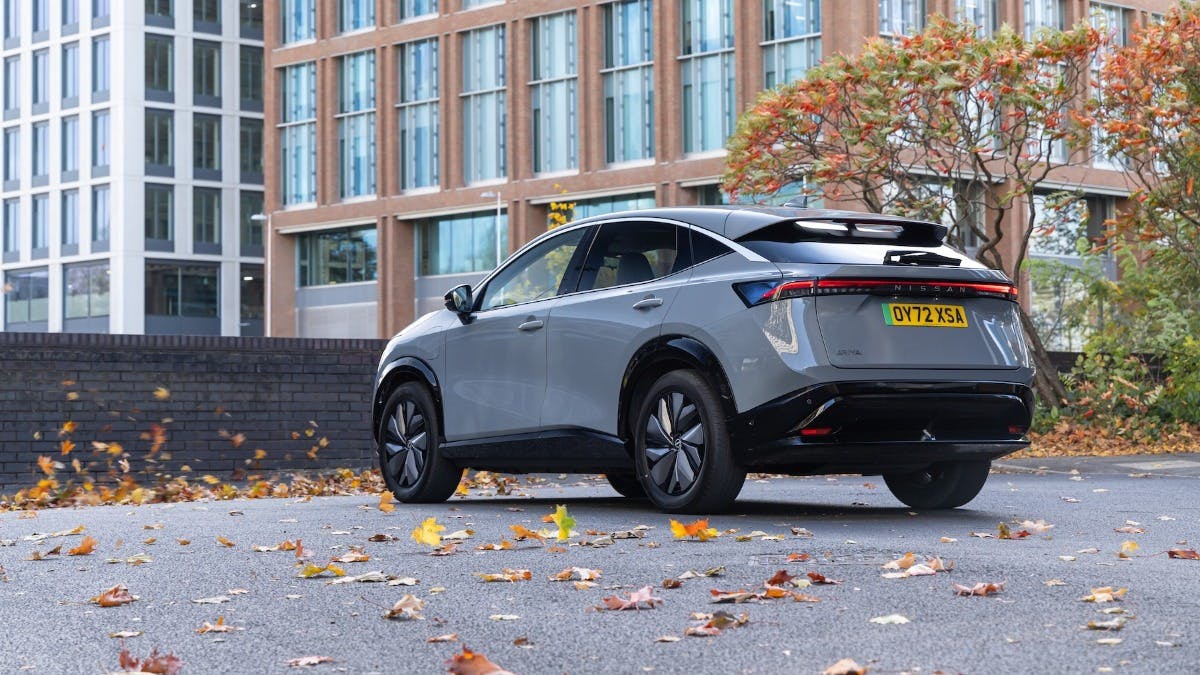
-
EV battery discharge rate
There are loads of benefits when it comes to driving an electric car. They’re typically cheaper to run, produce zero tailpipe emissions and are extremely fun to drive.
But there are some slightly different driving habits needed compared to a traditional ICE car due to how they work. Batteries and charging pose the biggest question to those new to electric cars. One that keeps coming up is “do electric cars lose charge when parked?”
The answer is yes, but very slowly.
We delve into EV battery discharge rate below, explaining what it is, why it happens and what you can do to prevent it.
-
So, do electric cars lose charge when parked?
Yes, but a very minimal amount.
This is because the battery is still powering some electric systems even when the car is not turned on.
It's these systems that require constant power that use a small amount of battery.
-
What is the EV battery discharge rate?
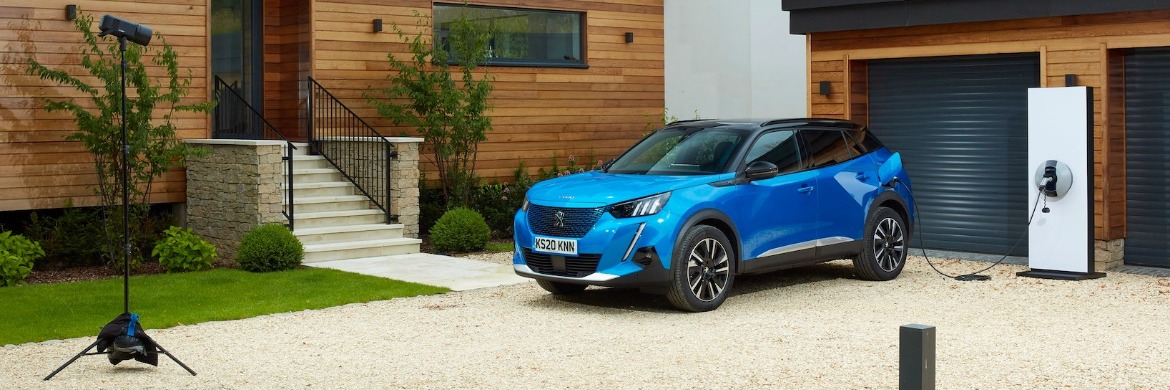
The EV battery discharge rate is anywhere from 1-4% charge loss a month. Three main factors affect EV battery discharge rates:
-
Temperature
The temperature of the battery has a direct effect on how well it holds charge. So if it’s anywhere over 27ºC or under 4ºC your battery will lose charge quicker.
Although don’t worry too much if you find yourself in climates under 4ºC as you’ll only be affected very slightly. It’s at the more extreme ends of the spectrum where you actually start noticing any differences.
Explore our electric car weather guide for more information on how temperature affects electric car batteries.
-
Battery state of charge
The battery’s state of charge also has a direct link to its discharge rate. A fully charged battery will actually deplete quicker than if it was partly charged.
Leaving your EV at 100% damages the battery cells so it’s best to avoid this if at all possible.
Lower charge levels can have the same effect so we don’t recommend leaving it at anything lower than 20%.
-
12v battery
The final thing that drains your EV battery when parked is the 12v battery. This system is also found in petrol and diesel cars, with the 12v battery used solely for powering auxiliary electric systems.
This smaller battery should be fine if you’ve charged recently or have driven around eight hours in the last month.
If you haven’t charged or driven recently you run the risk of the 12v battery drawing power with the high-voltage battery instead. This is known as vampire loss.
-
How long can an electric car sit without charging
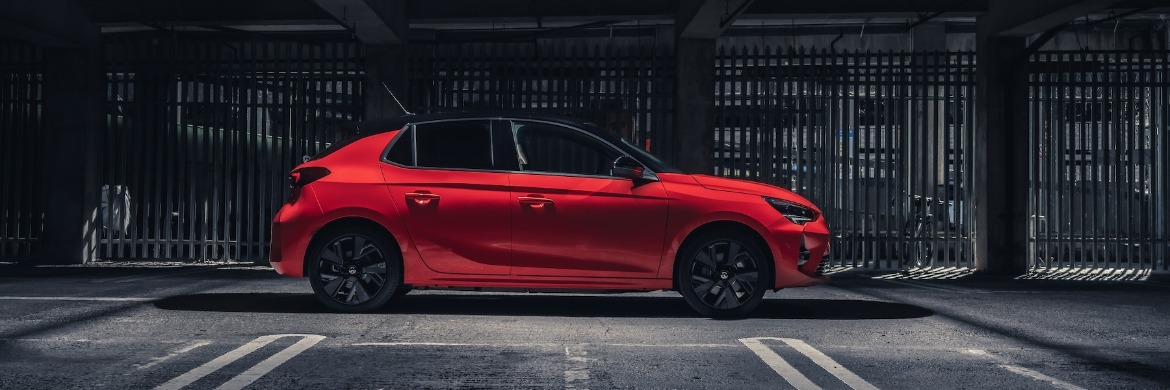
Electric cars can sit for months at a time without charging. But of course, it depends on the battery size, charge level, temperature and more.
Your best bet is to leave your car between 50%-80% rather than charging to 100%.
If you leave it in the right conditions, you’ll experience a lower discharge rate of around 1-2% which can be sustained for a few months.
But it’s very important to not let it fully drain! So if you can you should never leave it alone for too long without checking.
Most EVs come with a companion app to make this easier. Simply plug your car in and set it to charge when the battery reaches 50% and to stop charging when it reaches 80%.
You don’t have to worry about plugging and unplugging - instead, the app knows when you start and stop charging.
-
Best practices when it comes to leaving your electric car
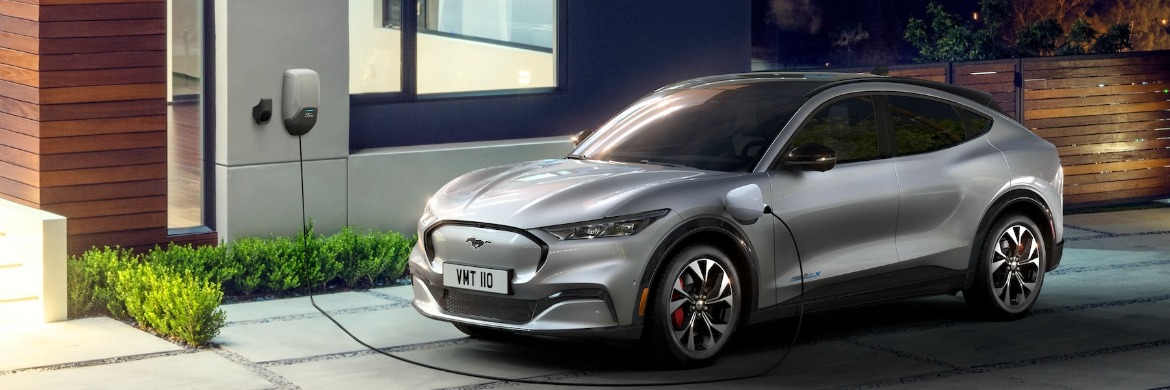
It’s perfectly safe to leave your EV for a few weeks or months. You may even find that you can leave an electric car parked for longer than an ICE model as there’s less that can go wrong.
You just need to do a few things to ensure safe and proper storage, including:
-
Charge to at least 50%
As mentioned before you shouldn’t leave your electric car for extended periods when fully charged.
Instead, charge it between 50-80% to ensure long-term battery health. This will also give you plenty of time before it reaches the lower end of its capacity.
-
Power save modes
Some EVs come with power save modes. Using these modes can reduce battery consumption when parked.
Different brands call them different things, including energy or power save mode.
Some even offer a deep sleep function which is designed to help with this exact scenario!
-
Turn off preset features
Your electric car will most likely have a host of preset features than run in the background. There are a few that use battery power when it’s not necessary, including any climate control settings.
The more you have on the go, the quicker your battery will deplete. Turn these off to see your battery last longer when parked.
-
Tyre pressure
If you’re leaving your car for an extended period make sure to inflate your tyres to the manufacturer’s recommended pressure.
This is vital as EVs are heavier than comparable ICE cars due to their battery. So having underinflated tyres can cause damage due to the
-
Drive it if you can
Your best bet is to just avoid leaving it idle if you can. If you still have access to your car but just won’t be using it for a while, make sure to take it out on a drive every so often.
This can prevent damage and increase your battery’s life as they degrade faster when not in use.
-
Park under cover
Get away from extremes of weather by parking your car in a garage or under cover. Anywhere that shelters your car from extremes of temperature!
What happens if your electric car battery runs out when parked
It’s not the end of the world if your EV runs out of battery from being idle.Draining the battery to complete 0 is fine if it only happens a few times. But regularly fully discharging the battery will damage its capacity.
-
What should you do if your car runs out of battery when parked?
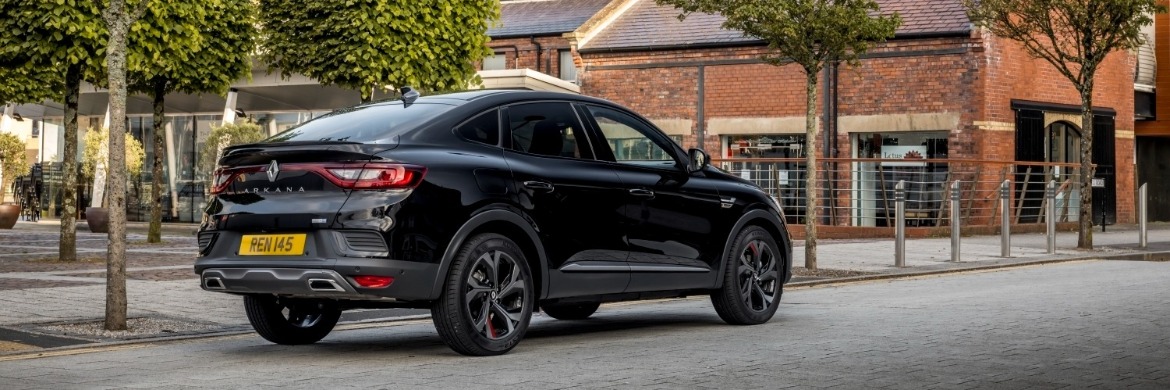
If your car is at home in a garage and you have access to a charge point, you can simply recharge it and you’re good to go.
If your car has run out and you don’t have access to a charge point, you’ll need to call breakdown recovery.
You can’t tow or push an EV without power as it damages the motor. Instead, you’ll need to be towed by a flatbed truck that can carry the car.
-
Recap - do electric cars lose charge when parked?
Electric cars hold their charge for months when not in use as long as the battery is charged from 50%-80% in moderate weather. Charging below 20% or to 100% will damage the cells and decrease charge capacity quicker.

